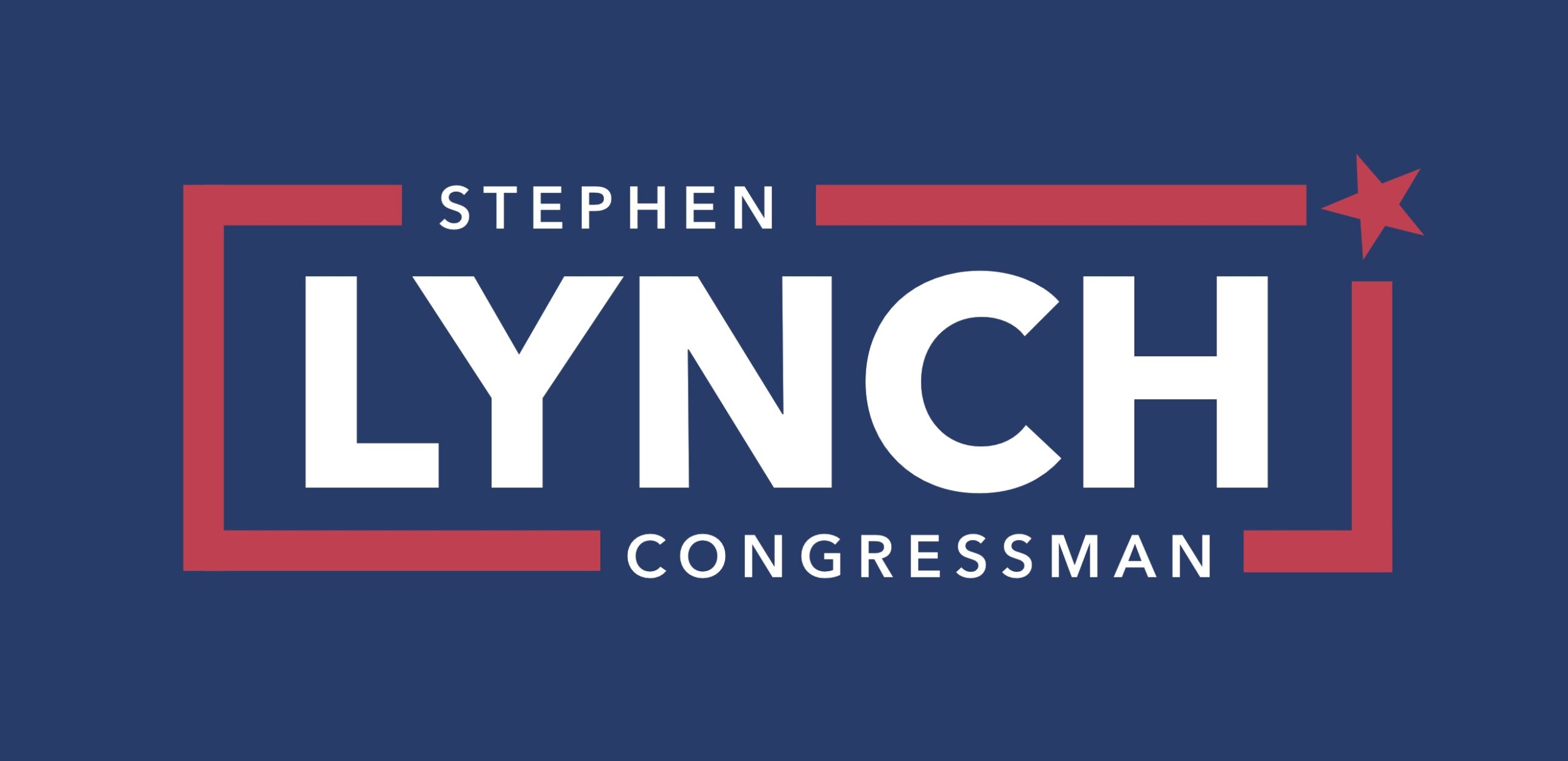‘They’re going in the opposite direction that we need to be going in,’ Representative Stephen Lynch says
Boston Globe
By Adam Vaccaro and Travis Andersen
Days after President Biden signed a $1.9 trillion relief package, congressman Stephen Lynch denounced the MBTA for instituting a new round of service cuts while it is slated to receive hundreds of millions in federal aid.
Lynch also seemed to suggest the cuts could hurt the state’s allotment in a future congressional infrastructure package.
With ridership remaining low because of the pandemic, MBTA officials on Sunday reduced service on the Orange, Green, and Red lines by about 20 percent and cut trips on the Blue Line by 5 percent.
A number of bus routes were also scaled back or eliminated, although some of the busiest lines have more service now than they did a year ago.
Earlier this year, the MBTA sharply reduced ferry service and eliminated weekend commuter rail trains on several lines.
The new cuts drew sharp criticism from Lynch, who said they violate the spirit of the pandemic relief bill, which is expected to deliver upward of $700 million to the MBTA.
“On behalf of the [congressional] delegation, that is not consistent with our intent,” Lynch said at a news conference with Boston Mayor Martin J. Walsh about the recovery legislation. “We’re providing taxpayer money to the MBTA to provide services to the taxpayer. So we are in total opposition to the reduction in services, to the laying off of employees, of furloughing employees. . . . That doesn’t work for us.”
The South Boston Democrat added that the cuts take effect at a time when transit ridership may increase along with vaccination rates and economic activity.
”The idea is to provide this money to get the ridership to where it needs to be over the next weeks and months,” Lynch said. “This is it. This is the beginning of our opening and to get the Commonwealth back to business. And what are they doing? They’re cutting bus service. They’re laying off employees. They’re going in the opposite direction that we need to be going in.”
The federal rescue plan provides a third round of funding for the MBTA since the pandemic began. The agency has previously received more than $1 billion through two relief packages in 2020, and used most if it to cover massive fare losses during the past year and expected shortfalls in the coming fiscal year.
The service cuts will save the MBTA about $21 million this fiscal year, a small fraction of the expected federal aid.
Officials have said previously that the service reductions not only save money, but better match service to ridership levels, which remain at less than one-third of pre-pandemic rates. They have also pointed to projections that ridership and fare revenue will lag for several years as more people work from home. As a result, they argue, the system is better served by saving large chunks of the money for future needs, such as long-term projects that would have otherwise lost funding to offset current losses.
”It’s a difficult message for people to hear, but what we’re trying to do is set the MBTA up so that it’s sustainable in the long run,” general manager Steve Poftak recently told the Globe. “If we have to bring back service in certain places, we certainly will. That is something we have pledged to our customers.”
In response to Lynch’s comments, spokesman Joe Pesaturo said the MBTA will “responsibly spend federal stimulus dollars,” monitoring ridership and adjusting service as needed.
Lynch, a former labor union official, criticized the MBTA for job losses associated with the cuts. The T has said it is not laying off any of its own employees who operate buses and trains. However, the private company that operates the commuter rail, Keolis Commuter Services, expects about 40 conductors to lose their jobs due to schedule changes.
Lynch also seemed to issue a veiled threat to state officials as Congress begins to negotiate a major infrastructure bill, suggesting Massachusetts could lose expected benefits.
”If we don’t have the cooperation and the partnership that we need with our transportation agencies, what does that do to the prospects for a successful transportation bill with respect to Massachusetts?” Lynch asked. “We need to be all on the same page here. . . . I’m hoping they understand the implications of our confidence in them to do the right thing.”

Recent Comments